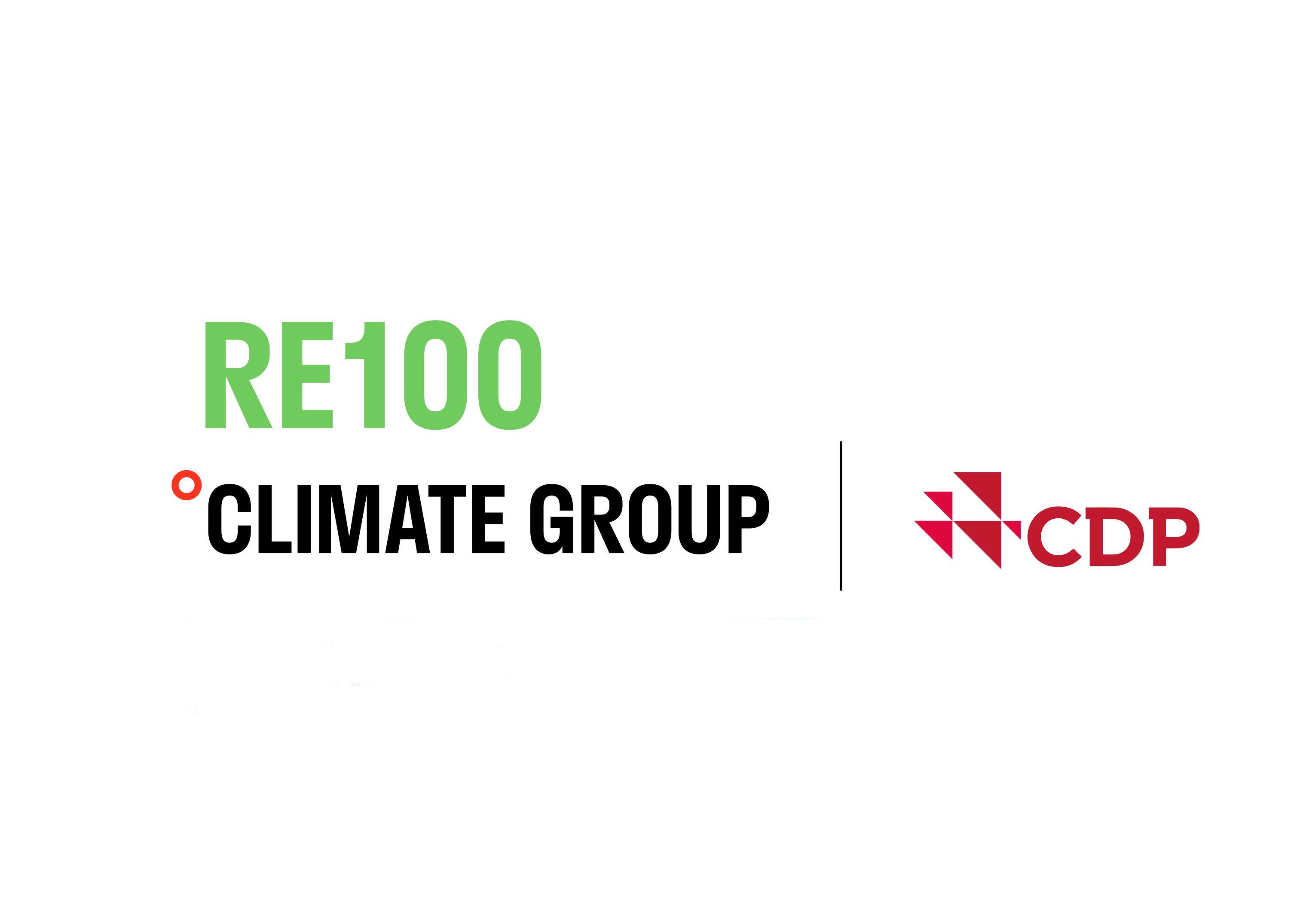RE100: renewable electricity demand initiative growing in reach and impact
We Mean Business Coalition
RE100 harnesses the power of demand from hundreds of companies to accelerate the clean energy transition. A grant facilitated by We Mean Business Coalition is helping it go faster.
According to the International Energy Agency, electricity and heat generation remain responsible for over 40% of global CO2 emissions. Business, as a major consumer of electricity, has a vital role to play in accelerating the clean energy transition.
The RE100 initiative was launched in 2014 by Climate Group and CDP – and has been supported by the We Mean Business Coalition since 2017. RE100 brings together large, global businesses with significant electricity demand, that commit to achieving 100% renewable electricity across all their operations. RE100 companies must set targets that see them reach 60% renewable electricity by 2030, 90% by 2040 and 100% by 2050 at the latest.
Key growth geographies that have high potential for market change are identified, and RE100 engages with local partners to identify the policies necessary to bring this change about. RE100 member companies are then encouraged to jointly advocate for policy changes to support the growth of renewable energy infrastructure and the removal of regulatory barriers. In this way, the initiative contributes to the goal of achieving zero carbon electricity grids by 2040.
Members include founding partners IKEA Group and Swiss Re, while US-based Mars Inc. and India’s Tata Motors were among other early joiners. To drive recruitment, specifically in key geographies other than the US and EU, RE100 received a grant facilitated by the We Mean Business Coalition. The grant also aimed to trigger power systems policy changes in key strategic markets and build up transparency, accountability and engagement among member companies.
With this support, RE100 has grown in the Asia-Pacific region, particularly in Japan and Taiwan, while South Korea’s Samsung is a key recent addition. The average consumption of new joiners indicates that companies who are bigger energy users are being attracted to the initiative. The shift to renewables is also accelerating. Member companies now report consuming 49% renewable electricity in 2021 – up from 45% in 2020, and 41% in 2019.
Meanwhile, members’ engagement with policy has led to improvements. India produced guidelines to make it easier for corporates to procure renewable electricity, and Japan’s Ministry of Economy, Trade and Industry mentioned RE100 in its new measure to subsidize solar power purchase agreements (PPAs). New disclosures in 2021 suggest that RE100 members sourcing through PPAs are directly responsible for bringing new renewable electricity capacity to grids.
Meanwhile RE100 continues to release publications on market conditions – such as the September 2022 Ambition on Renewables in the G20 report – to support policymakers to improve conditions for renewable electricity generation and procurement.
As of February 2023, RE100 counts over 3,980 member companies across all continents. Companies are active in 175 markets worldwide, and collectively drive over 420 TWh per year of renewable electricity demand – enough to power a medium-sized country.

